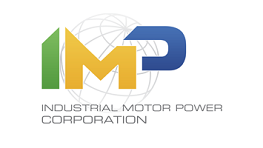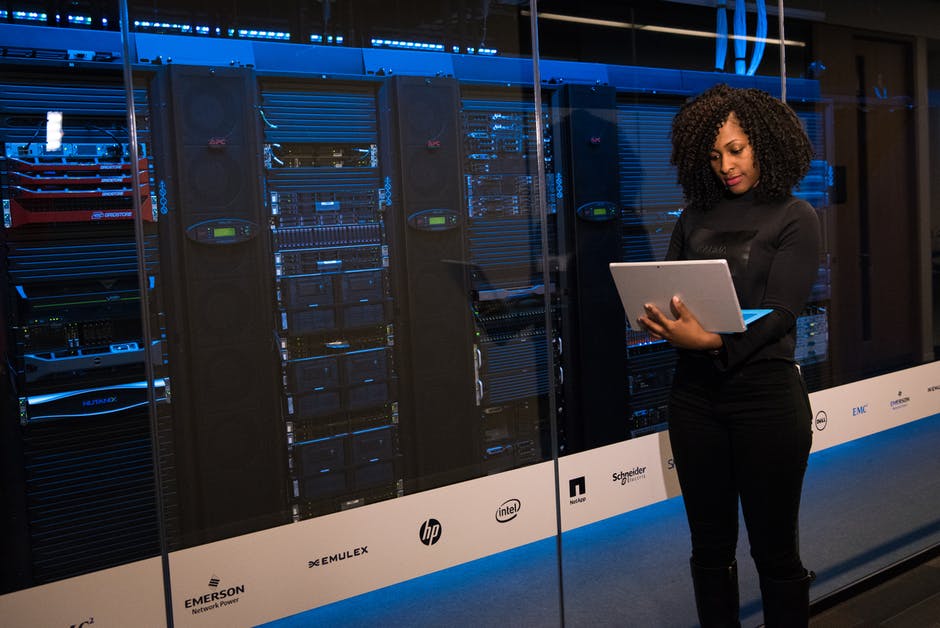Any flaws in data center design could prove very costly. Here is everything you need to know about data center power distribution.
36% of data center outages happen as a result of power failure. Considering these are where your vital computer systems are, any kind of power failure can be devastating to a business.
Not only can you lose tons of work due to downtime, you may also risk unhappy customers when they can’t reach you or access any data they may have stored with you. Plus, you may lose valuable data resulting from the crash.
36% is a shockingly high number; even if you have good data center power distribution, it may still happen to you.
You can’t prevent a power outage from happening. But what you can do is prepare for one so your losses are minimized.
In this article, we discuss a few things about data center power distribution you should know about.
Data Center Generators: Be Sure of Your Power Needs
If you’re not careful, you could easily end up with too much or too little power for your needs. Take the time to figure out exactly how much power you’re going to need for your backup system early on to avoid any costly mistakes.
One of the biggest mistakes that people often make is basing their needs on the “nameplate” power ratings of their servers. In most real-world cases, the servers will only use around 50% of their CPU capacity at any one time. This means if you base your backup power calculations on nameplate power ratings, you’ll end up spending way more than what you actually need.
The best way to approach this is to look at historical power usage for your data center. Of course, you should get a powerful solution that offers a bit more than your previous maximum usage, but there’s no need to go overboard.
Avoid Single Points of Failure
A good backup system needs to have multiple points of failure built into it. Otherwise, you risk having the whole backup system fail.
The smart thing to do is to use two power distribution units in your backup system. In this case, the chance of your whole power system going down becomes astronomically small.
The Right Power Generator for Your Systems
Make sure you review the equipment you choose for your backup system carefully. You could end up with a system that provides way more power than you actually need, or you could even end up with a system that’ll overload your uninterruptible power supply (UPS).
To avoid tripping your UPS, make sure you read the documentation of your servers carefully and select something that’s compatible with the equipment you have.
In the planning stages, it’s vital that you take the time to ensure you’re getting the right equipment for the job. With a backup system, there’s little room for error; it needs to work when it’s required, or else you’ve wasted a lot of time and money.
Don’t be afraid to bring in an outside professional to make sure you have a robust system that’ll do what it needs to when it needs to.
The Right Generator for Your Power Reliability
When purchasing a generator, you should be aware of the different classes of generators that are available to you.
Continuous power generators are designed for a constant load for an unlimited number of operating hours. For the purpose of a backup system, this kind of generator is excessive.
A prime power generator is meant for a variable load and unlimited running hours. Again, this is almost certainly more than necessary for a backup system.
Generally, for a backup system, you’ll want to choose between a limited running system or an emergency standby power system.
A limited running system has the ability to run on a constant load for a maximum of 500 hours annually. On the other hand, an emergency standby power system is designed for a variable amount and it has a maximum possible run time of 200 hours per year.
When determining the generator you’re going to use, you should look at historical data. Ideally, you want something that has a little headroom, but you don’t want to get something needlessly expensive.
If you’re not too sure what your needs are, it makes sense to consult with someone who knows what they’re doing. A professional generator company can help you to determine the exact generator for your needs.
Consider More Than Just the Servers
One critical mistake you can make when calculating your backup power needs is only focusing on the servers themselves. If the power goes down, you’ll also need to power any on-site offices that you might have so that data center employees can continue to work.
You might also want to consider any security systems that you might have. To comply with data protection regulations, you’ll need to keep your site completely secure. You can’t do that if there’s no power getting to your security systems.
Make Sure You Have Good Capabilities for Data Center Power Distribution
As you can see, you have a few choices when it comes to generators for data center power distribution.
What it comes down to is either a continuous power generator or prime power generator. Each has its own benefits and drawbacks, so make sure you understand what each one does before you commit.
Your generator can be what saves you from major data loss, so don’t treat this issue lightly. Consult with a professional if need be.
Are you in the market for a data center generator but aren’t sure exactly what you need? Then feel free to get in touch with us. We’ll be more than happy to help you source equipment based on your exact needs.









